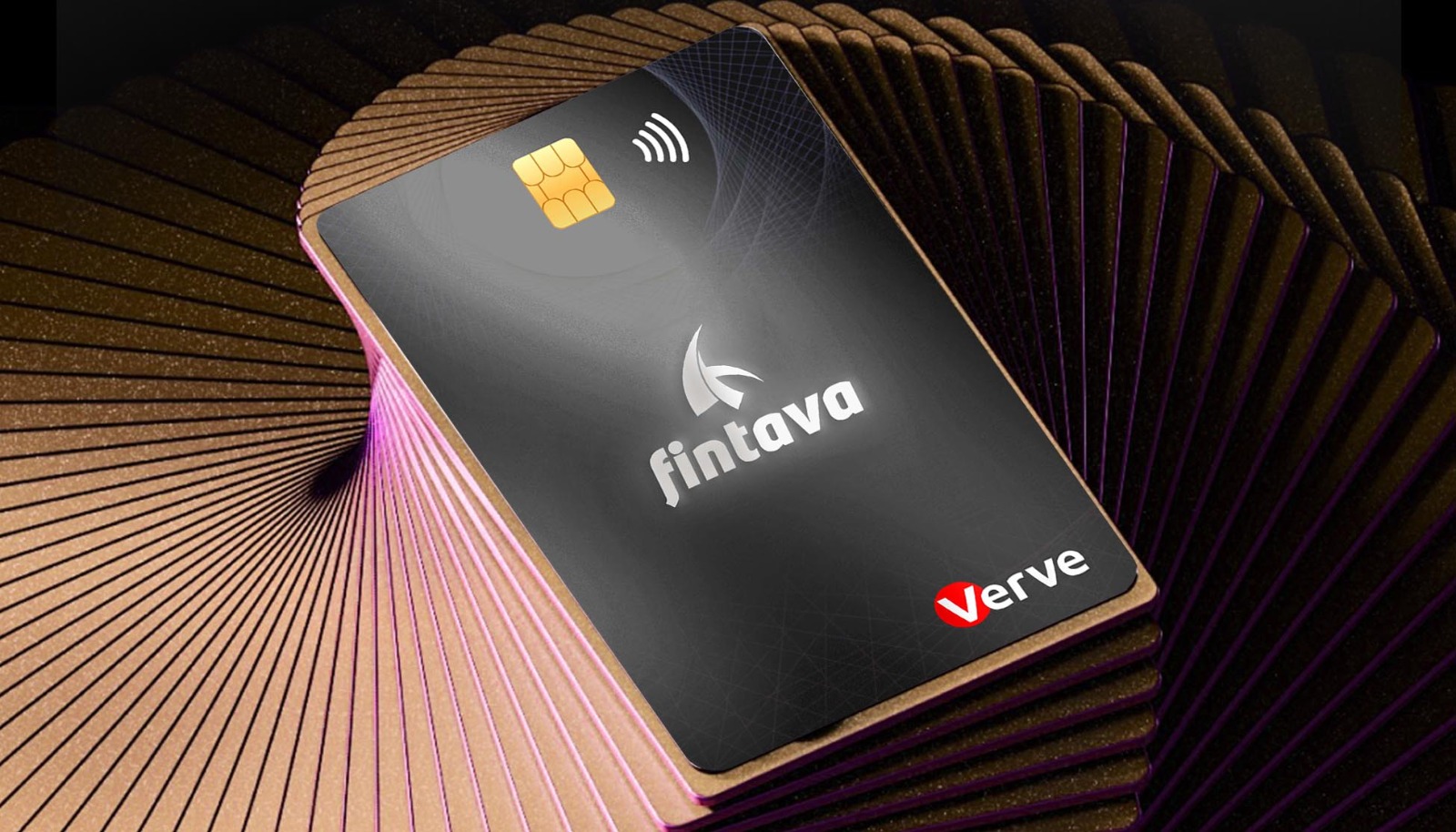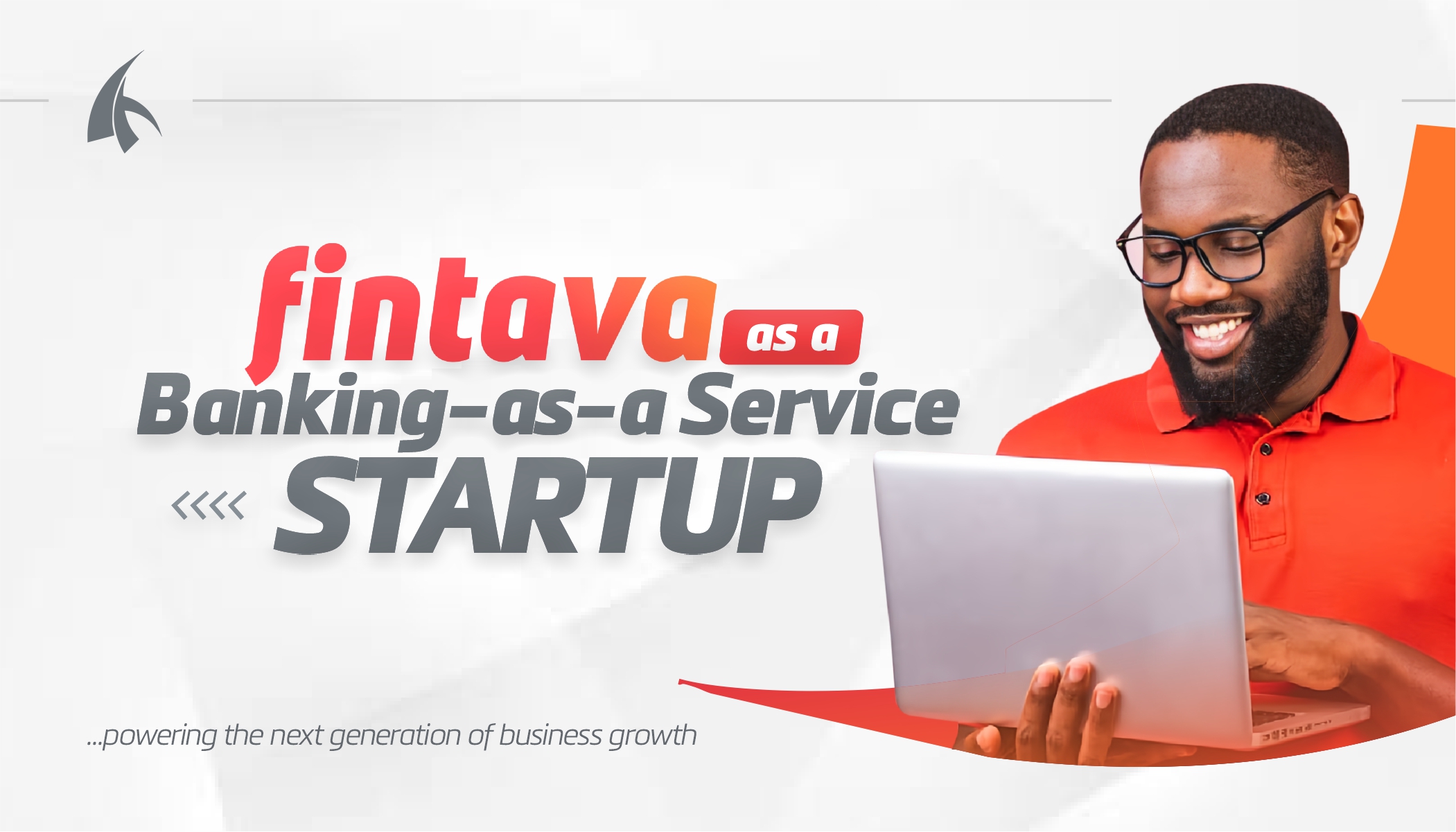Nigeria’s financial services industry has no doubt seen a lot of growth over the years, The number of fintech startups that play in the space has grown from 17 in 2017 to 217 in 2023.
However, most fintechs have focused on offering similar services. This is why Fintava, is keen on helping other businesses and fintechs offer seamless financial services through its banking-as-a-service technology.
Although it began operations less than a year ago, Fintava is already making significant strides in the industry.
Fintava’s entry into the BaaS space is a strategic move that sets it apart from other fintechs in Nigeria. While the fintech sector in the country is rapidly growing, few companies are exploring the vast potential of BaaS. But what exactly is banking-as-a-service, and why is it a game-changer for Nigerian businesses?
Understanding Banking-as-a-Service
Banking-as-a-service is a model that allows non-bank businesses to offer financial services to their customers by integrating banking services directly into their own products.
This is achieved through APIs (Application Programming Interfaces), which enable seamless interaction between different software applications. In simpler terms, BaaS allows companies to provide banking services without having to become a bank themselves.
For instance, a retail company could offer its own branded credit cards or payment services directly to its customers.
This not only enhances the customer experience but also opens up new revenue streams for the company. By leveraging BaaS, businesses can offer a variety of financial products, such as loans, payment processing, and even savings accounts, all under their own brand.
The Benefits of BaaS for Nigerian Companies
The advantages of BaaS are particularly compelling for Nigerian companies. Firstly, it allows businesses to differentiate themselves in a competitive market by offering unique financial services tailored to their customers’ needs.
Secondly, it reduces the operational costs and regulatory complexities associated with setting up a traditional bank. This is especially beneficial for startups and SMEs, which often lack the resources to establish full-fledged banking operations.
Moreover, BaaS facilitates financial inclusion by making banking services more accessible to underserved populations. In a country where a significant portion of the population is unbanked or underbanked, the ability to offer banking services through familiar brands can help bridge the financial inclusion gap.
Fintava’s Impressive Traction
Despite being in operation for less than a year, Fintava has already made remarkable progress. The company has amassed over 6,000 businesses on its platform, a testament to the growing demand for innovative financial solutions in Nigeria.
This rapid user growth underscores the effectiveness of Fintava’s BaaS model and its potential to reshape the banking sector.
Fintava’s success can be attributed to its user-centric approach, which focuses on understanding and addressing the unique financial needs of Nigerian businesses and consumers.
By providing a robust and flexible BaaS platform, Fintava is empowering businesses to offer personalized banking services, thereby enhancing customer loyalty and driving growth.
What the future holds
Fintava’s mission is to expand its reach within Nigeria and beyond in order to improve financial services in as many places as possible.
The company’s commitment to innovation and customer-centricity is paving the way for a new era of banking in Nigeria, one that is more inclusive, accessible, and tailored to the needs of the modern consumer.
As the company continues to grow and evolve, it will undoubtedly play a pivotal role in shaping the future of banking in Nigeria.



